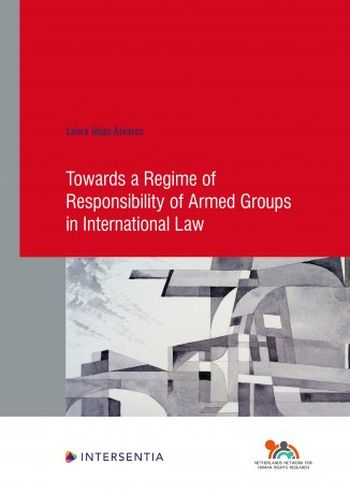
Armed groups have played a predominant role in the violations of international humanitarian law and international human rights law committed in conflict settings. The increase in the number of non-international armed conflicts during the past decades has emphasised the need to address the multiple legal challenges posed by the actions of armed groups. In particular, there is considerable uncertainty regarding the framework of responsibility for armed groups in international law. While much has been written regarding their international (primary) obligations, the possibility of developing a responsibility framework for armed groups under international law has been underexplored. Consequently, the aim of this book is to examine how the principles of international responsibility could be developed and adjusted to account for armed groups as collective entities.
This general aim has been divided into three specific objectives. First, the book analyses the concept of responsibility in international law and assesses the legal and practical reasons in favour of developing such a regime for armed groups. Second, it examines the viability of establishing a responsibility regime for armed groups based on rules of attribution. Third, it explores the possible legal consequences of responsibility applicable to armed groups, with a particular focus on the obligation to provide reparations to victims. In doing so, this book will argue that certain non-traditional sources of international law could be used to interpret and adapt international law to the current conditions of contemporary armed conflict.